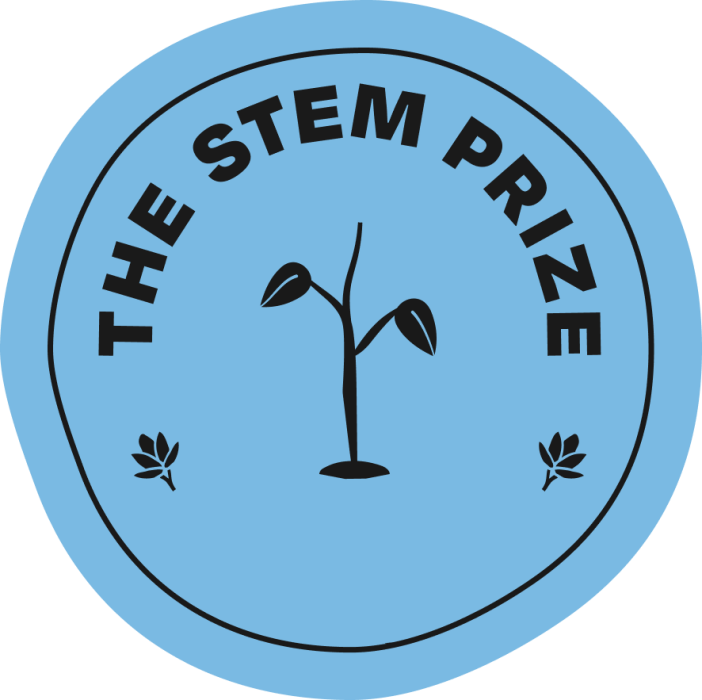The Iris Prize has directed £718,000 in funding and support to youth-led action. Our support goes far beyond the grant. Every winner and runner-up is matched with bespoke mentorship and training to strengthen their leadership, resilience, and ability to grow their projects.



Since launching the inaugural Iris Prize in March 2022, we’ve supported 20 projects across 13 different countries.
The Iris Prize has supported 28 youth-led projects across 21 countries, as well as youth advisors and wider initiatives that amplify young leaders’ voices globally.
The ACE Project
Sungai Watch
Project Sparsa
Project Mila
Youth Pawa
Mudzi Cooking Project
Ecohouse
KleanerAir
Re-made in Cambodia
Moosumi Magazine
Liquify
Bangs Circular
Uru Uru Team
Guardianas del Estuario
Dulungan Conservation and Eco-learning Hub
LightEd
Cultura
Aqua Revive
Chareco
The Viaje al Microcosmos de Nuevo León
Breathe Mongolia
Project Lawud
Smartel
Guerrilla Verde
Regesoil
The Waste Gobbler
“Anonymous”
Oasis Creative Lab
We take a trust-based and flexible approach to funding. We firmly believe in the power and potential of young people and aim to lead by example, demonstrating to other funders that the time has come to invest in them and unleash their potential.
We award financial grants of between $15,000 and $1,500 USD to 3 winners and 6 runner-up projects each year.
Alongside the grant funding, we pair each prize winner up with two mentors from our Advisory Panel. We ensure each prize winner has one mentor from their country and one mentor with project expertise. The 6 runners-up join a group mentorship program facilitated by our Project Manager and an Advisory Panel member.
Capacity building is a crucial component of our funding model. Our mentors support the prize winners to pinpoint and address any areas for growth in their experience or expertise. Drawing on feedback from previous prize winners, we’ve developed a suite of capacity building programmes. These initiatives include our Climate Communications Programme, Leadership Development training with CoalitionWILD, and Safety and Security training through Open Briefing.
Nine months after our Prize Winners win The Iris Prize, they are invited to apply for up to $10,000 USD in repeat funding to support individual project sustainability over the long term. Through this approach, we can ensure that our interventions have a long-lasting effect, maximising our influence and ensuring their impact long after the support we provide stops.
For more information on our impact, mission, and the projects we’ve championed, we invite you to explore our annual reports.
Our vision is a world where empowered youth drive meaningful environmental change, supported by a collaborative network.


